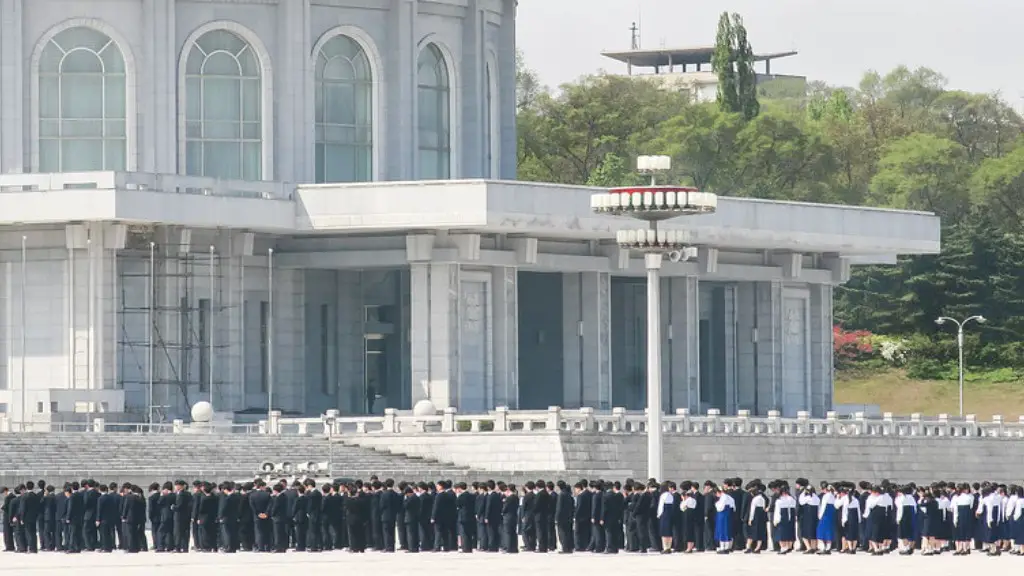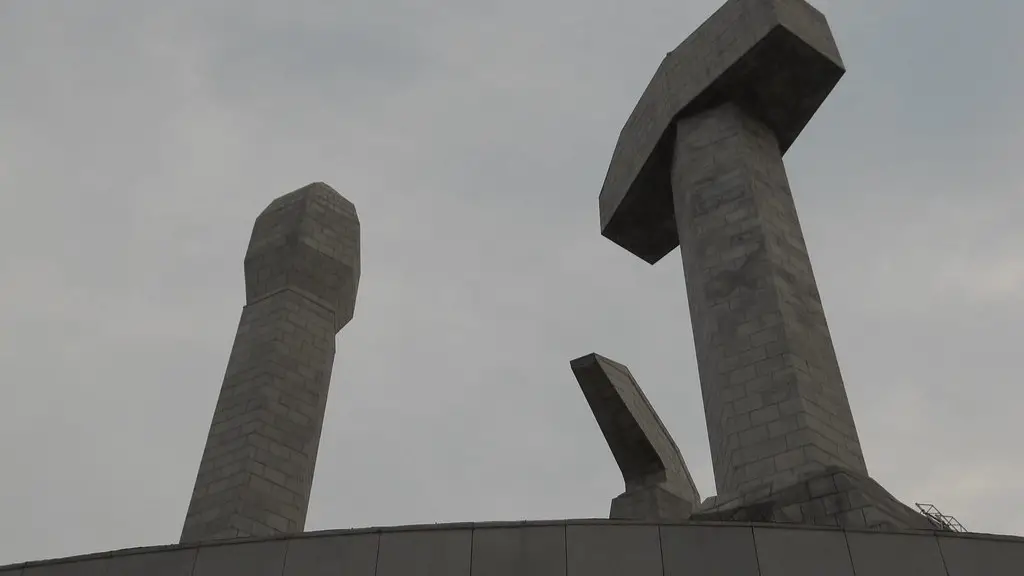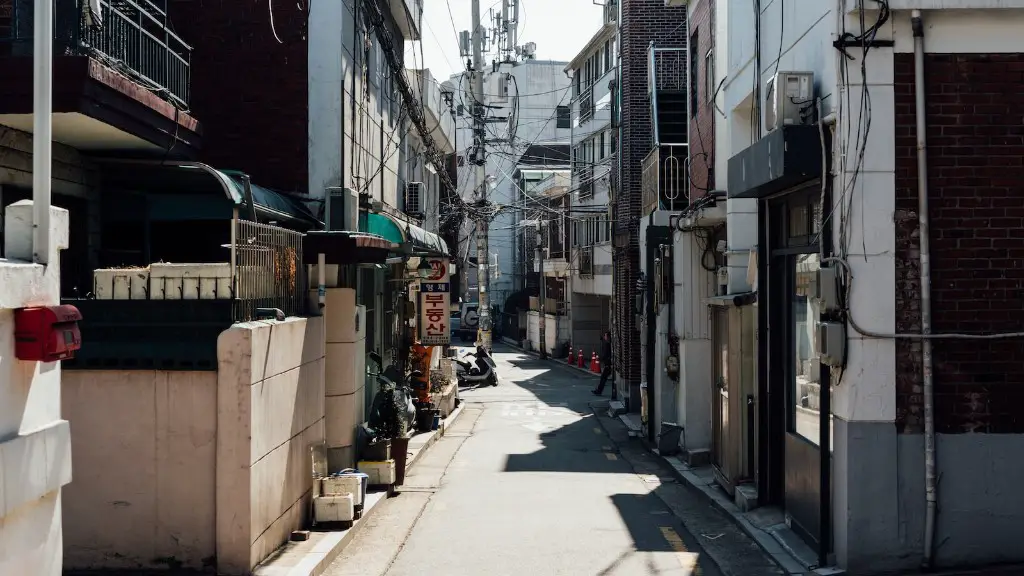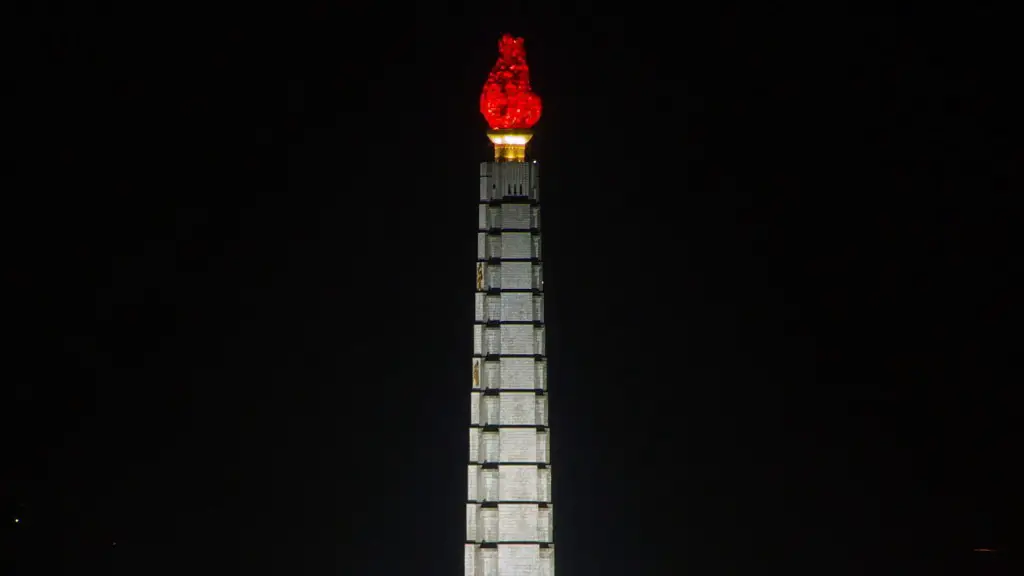The Olympics are an event that brings the world together through sports, culture, and countries coexisting to compete for the victory and greater glory of human strength. The 2020 Tokyo Summer Olympics will be no different, with North Korea’s Olympics team participating and pushing boundaries set by worldwide sanctions and regulations administered by the United Nations Security Council (UNSC) and regulated by other nations. With North Korea’s involvement and a presence at the Olympics, security, safety, and the potential for increased tensions and strife if all things don’t go as planned have sparked many discussions amongst people around the world and have left many asking why North Korea is even allowed to be a part of the 2020 Tokyo Summer Olympic games.
For years now, the citizens and leaders of North Korea have operated under extreme censorship in terms of media and the public’s ability to access information, even though several political and economic sanctions have been imposed on the nation, with the most recent in May of 2019. These restrictions have been set in place in order to secure the safety and security of the general public, and to ensure that the nation is not continuing to delete progress with its nuclear arsenal development.
The United Nations Security Council Resolution 2371, adopted in August 2017, aimed to limit North Korea’s technical and financial interactions with the world, leading to an array of restrictions to the country’s military program and export purpose goods, as well as to limit their interaction with other people. However, despite the current universal regulations and sanctions, the International Olympic Committee (IOC) has argued that the North Korean team’s presence should be allowed at the Olympic games, as it encourages sport and the spirit of camaraderie built from an event where “participation and cooperation” should be the central focus.
This inclusive platform has also been argued to be beneficial for the athletes of North Korea, who are competing to represent the nation and drive patriotism; however, many athletes and team personnel have consciously noted that the government’s intrusive presence, despite not seeming to impede the athletes’ personal will, has made a large impact in their overall experience.
The government of North Korea is an undoubtedly difficult and harsh one to manage, however, its inclusion in the upcoming Olympics has been largely supported by the IOC and is expected to help with progress towards lowering political tensions. This progressive decision has not been without its critics.
The IOC has been said to perceived as a weak entity when it comes to actually enacting concrete changes and is being accused of placing the games as priority over human rights violations by experts, athletes and citizens alike. If the North Korean government does not respond in a way that is suitable for the global community, or if tensions increase, then this has a potential to shed a negative light on the 2020 Olympic Games.
Political Implications
The expectations from North Korea’s presence at the Olympics are largely hinged upon Kim Jong Un and his governing statuses and policies. Thus, it’s understandable that certain nations have apprehensions at the possibility of Kim Jong Un and other various North Korean individuals’ presence amidst the Games. The government of North Korea has made power parts and extreme militarization that come as an obstacle to the general outlook of the Olympics and many of the values it stands for.
As such, it is imperative to maintain a certain level of peace and order during the games, in order to avoid any mishaps, as any alterations made to the event’s security could result in much more serious issues for North Korea, the IOC, and potentially the rest of the world. However, there have been discussions as to pressuring North Korea to size down their military and minimize their contributions to creating a tense atmosphere through several initiatives from the UNSC, composed of many of the world’s governing nations.
North Korea has on one hand, incredibly strict and oppressive, inappropriate and almost apocalyptic policies which do not fit the tone and the tradition of the Olympic Games in any way. However, North Korea’s presence at the games could be utilized a platform for the government to express their commitment towards peace and stability with the global community, as has happened with previous Olympics.
Narrative of the Olympics
The Olympic Games are typically presented as a global event that incorporates countries from throughout the world and encourages unity and solidarity, while also honouring values such as peace, independence, and human will. Despite this representation of camaraderie, there are still contentious issues concerning security, in-part due to North Korea’s participation in the same. North Korea’s inclusion in the upcoming Olympics has brought about a sense of doubt and disbelief as to why would a nation facing so many sanctions and restrictions, who have been severely impacted due to all the other global regulations has been allowed to partake in the Games.
At the same time, although the fact that certain rules have been broken, it must be noted that the IOC has also created a platform for peaceful progress in terms of the global stance. The IOC has actually paved a way that allows the citizens of North Korea to benefit from and partake in something many of them value and admire. The competition and the rivalry between the nations can be observed in a much more positive and progressive light, as it drives the spirit of camaraderie and reinforces the Olympic Games’ narrative.
This situation has also provided the global community a platform to show that acceptance of all countries and all people is not only allowed, but also advocated for. Seeing North Korea’s presence at the games brings about a sense of activism and strength, something that is not typically associated with the nation. This being said, North Korea’s footing within the overall context of the Olympics emphasizes the potential it presents for both intellectual and physical growth.
The Economic Impact
The economy of North Korea is heavily dependent on the international spotlight that is garnered once they partake in an event such as the Olympics. The nation’s citizens strongly appreciate the government’s interest in seeking international opportunities, as well as the access to distant affairs and relationships even though the opportunities may only be short-term.
Furthermore, economic research has demonstrated that North Korea has an abundant of resources to draw upon when it comes to globalization and outreach, as compared to some other countries. The country relies heavily upon the tourism that results from its attractions, as well as its participation in national events such as the Olympics to make money from foreign investments, which allows them access to funds and better use of resources.
Despite North Korea having the general unpopularity of being a hermetic and heavily infrastructure-stricken nation, accepting their presence at the Olympics allows for a degree of development in tourism, as well as the potential to improve competitive sports and their overall sports industry. As such, any investments made towards the nation will be beneficial to them in the long-term, and the global community stands to gain due to its contributions to the economic landscape.
The Impact on North Korean Citizens
The impact of the Olympics on North Koreans is heavily based on the sports activities that are related to the event. Sports represent an outlet for the general population of the nation to increase their overall well-being as citizens, leading to a sense of pride and ownership.
The Olympics provides an outlet for North Koreans to put effort towards competing against other nations, fostering a sense of nationalism and national pride that cannot be found through any other form of celebration. Within the nation, the Olympics has been a catalyst for the overall cultural shift in attitudes towards the glory of sports and athleticism, leaving citizens feeling good about their country and what it is standing for.
The effects of the Olympics on the state of mind of the citizens of North Korea are positive in that it allows them to recognize greater willingness to cooperate and lessen international unrest. The citizens of North Korea are increasingly proud and content with their nation’s place in the global spotlight, establishing a strong and lasting legacy of the Olympic Games, while also gaining many of the tangible benefits that competing at the event brings.
The Future of North Korea in the Olympics
Despite the intense scrutiny faced by North Korea’s participation in the Olympics, it’s undeniable that the nation stands to benefit from being a part of this event, as it provides them a platform to showcase their achievement and successes in sport. North Korea is expected to participate in the 2024 Paris Olympics, and despite the current scrutiny, their presence in the sporting realm will likely bring about changes that may help in resolving the nation’s current issues.
The presence of North Korea in the Olympics goes beyond their participation in the event; it marks a considerable statement of cooperation and motivates peace-seeking progress alongside the global community. This progress can be seen as an example of how collaboration and communication can lead to a more unified and better-informed world, even in a global climate of politics and other forms of tension.
The general acceptance and presence of North Korea in future Olympic events also highlights the notion of coming together for the greater good and for the cause of human bonding, as is expected at the Olympics and any other athletic, or worldwide events. North Korea’s presence serves as an example to other nations that, despite the political environment offered by the present-day, global tensions and an array of sanctions and limitations, the Olympic Games is still a platform of hope and progress.





